
Pros
- Naturally encouraged to explore
- Amazing level design
- Knocking things off edges and other cat antics are a nice touch
- Wide variety of gameplay
Cons
- A very short game
- Little replayability
Remember a few years ago, when Sony debuted the PS5, back before the PS5’s potential was unleashed with its games in waiting? Stray is one of those titles, with the aesthetically pleasing-looking cat game getting much attention. Now, the cat game in question has arrived through the cat flap and is in our hands, making our devices purr in excitement.
In Stray, you play as a Stray cat, lost in a megalithic walled city filled with concrete skyscrapers, slum streets and other cramped, squaller-like areas. Naturally, it makes the game a fitting exploration game, filled with twists, turns, and a story all connected with interesting NPCs and a key quest to escape the city. Stray is a surprisingly good exploration game with lots of little details to love.
Gameplay
Exploring, finding items and maneuvering around the chapters is the core of Stray.
Back during the marketing days of Stray, it was a game you played as a cat. We saw the cat explore some streets, climb surfaces, and do other cat-like activities. However, it was unclear what it was other than a game with exploration. Thankfully the game has much more depth to it than we thought.
The game’s core is certainly an exploration game, filled with interesting ways to traverse the levels and even levels largely urban living areas. You get to explore most of the maps in your own way, find interesting ways to maneuver and explore while looking for whatever you’re pursuing.
It is also worth mentioning the exploration in the game is very satisfying. Jumping onto objects and looking for another spot you can jump to and then pounce on a new area is often rewarding. The game has plenty of collectables, with memories and items on offer. These tend to be scattered off the beaten path, rewarding those daring to venture around each level and truly explore the areas the devs made. You also need to explore for main story aspects too, keeping you on your paws.
Not to mention each chapter has its own type of gameplay. One level may be more exploration-based, while another is stealth, with another being more chase and action orientated. There is certainly a lot of variety on the level design, so it shows no sign of repetition.
In addition, there are some interesting puzzles in the game for every level. The puzzles vary a fair amount, with some requiring you to find the location of items, while others require switch triggering, passcodes, and some jumping puzzles to be solved. They are not particularly difficult, but there’s enough variety that makes them not tedious. You will also find each chapter of the game uses different puzzle techniques, once again adding to that sense of a lack of repetition as you make your way through the game.
Cat scratches and feline antics are all over the game.
Besides all the main gameplay features, the subtle cat-like gameplay elements add the perfect final touch. For example, you are small enough to fit through iron bars and vents to crawl through. Also, you can meow to distract things and go running for the hulls. You can even smash your way into areas of maps by knocking things off ledges and using those to your advantage. Perhaps you are a cat that likes boxes. Use these to hide if you so wish.
However, there are certainly downsides to the gameplay. The game is fairly short and does not offer much replayability. The main story took around 6 hours for us to complete, which includes finding almost all the memories on the first playthrough. We then returned and replayed a few chapters of the story for trophy hunting purposes, bringing us to around 10 hours of playtime.
The only other reason to return to the main story is for the speed-running trophy. This requires you to complete the game in under two hours played. That’s certainly a sign the game is very short if you subtract all the story dialogue, NPC encountering and hunting for things on the side.
Story (Spoiler free)
The stray cat meets some interesting robot friends and allies on its journey.
You may wonder how the narrative of a game based on a cat is? Well, the answer to that is surprisingly decent. It’s nothing too complicated. You’re a cat and fall into a city while your stray cat friends in the wilderness watch in horror. Now you’re all alone, stuck in a dark, smoggy city. The main mission is to get out, and you meet friends along the way that share your goals.
Throughout the story you will meet a group of friends called the Outsiders, in which one of the four members is separated in the different areas of the story. You also get a robot companion called B-12, who helps you do all the robot challenges the city is built around.
At times the narrative does get rather emotionally raw. There is heartbreak for cat lovers seeing a pack of cats separate. Then there are the happy and funny parts that cats bring to the table. And, of course, no story is complete with sadness. It can be an emotional rollercoaster at times, ones that cat owners certainly will feel and recognize.
Aesthetically pleasing
Stray does an excellent job at building a visual and auditory world filled with character and ambience. Image via Annapurna Interactive.
The game itself is quite aesthetically pleasing. The visuals are stunning, and the sound does make you feel like you’re living with an authentic robot population, with the sounds of a hustling bustling city surrounding it.
Throughout the game, you find the visuals change and adapt to the surroundings rather well, especially in the main robot population centers. The Slums is an area with a sense of cramped living conditions, poverty and more. There’s also dramatically less light in the area, with robot faces being the biggest light source in the alleys’ darkness. Contrast the visuals with the more affordable areas of the Midtown area. This feels like one of those Neo Tokyo levels, with neon lights and contrasting blue and pink resonating from the wet floors, walls and metal protruding the map. There is also the Antvillage, which is a rust bucket area of the game, with more nature and a bigger source of natural light.
As for the filler levels, you get a sense of why these areas are hostile. There are highly gross and toxic-looking waters, with enemy Zurk breeding grounds all over the place. It adds to the game’s narrative, along with developing a sense of how bad the city is going and why plenty of robots want to escape.
As for the sound, the sound feels different. The robot noises accompany the robot language and the regular noises you expect a robot to make. There is also the hustle and bustle of the city’s active parts, and the filler chapters’ ambience between the city hubs. You also get a unique soundtrack in the game and songs that robots play. There’s enough attention to detail to make a somewhat convincing world in the game.
Technical
The game’s technical prowess also shines through. Before launch, we found very few technical issues with the game, and since launch, the devs have managed to patch out some of the bugs that a very minute amount of players encountered. Stray is one of the few games in recent memory that has had an almost perfect launch on the technical side of things. It needs praise for that since launching a rather polished game is certainly an achievement.
Purrfect
Stray is a fantastic exploration game, and the execution of playing as a cat has paid off extremely well. Stray is a solid fit regardless of age, and its low cost is justifiable to the amount of content and enjoyment you get from the game.
Gameplay:
Sound:
Graphics:
Story:
Value Rating:
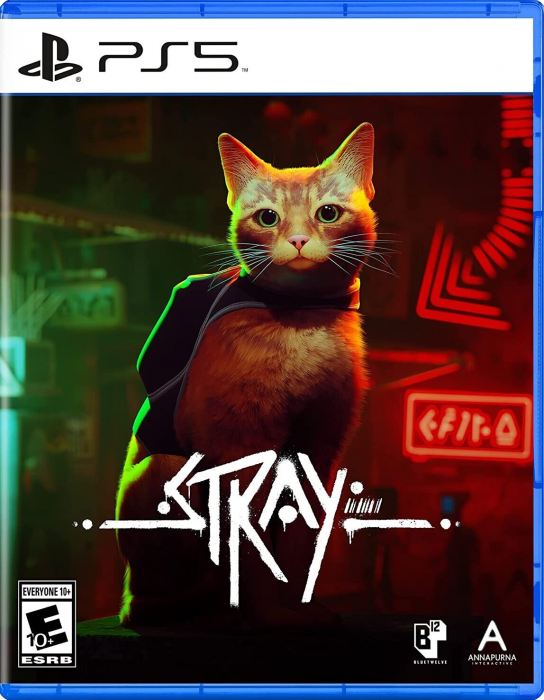

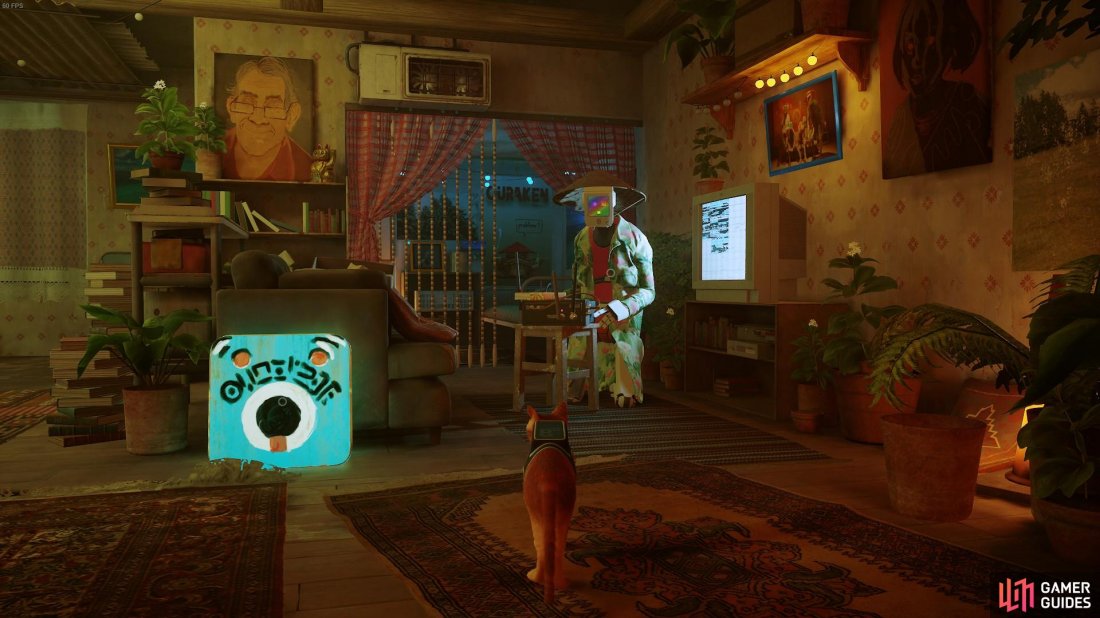
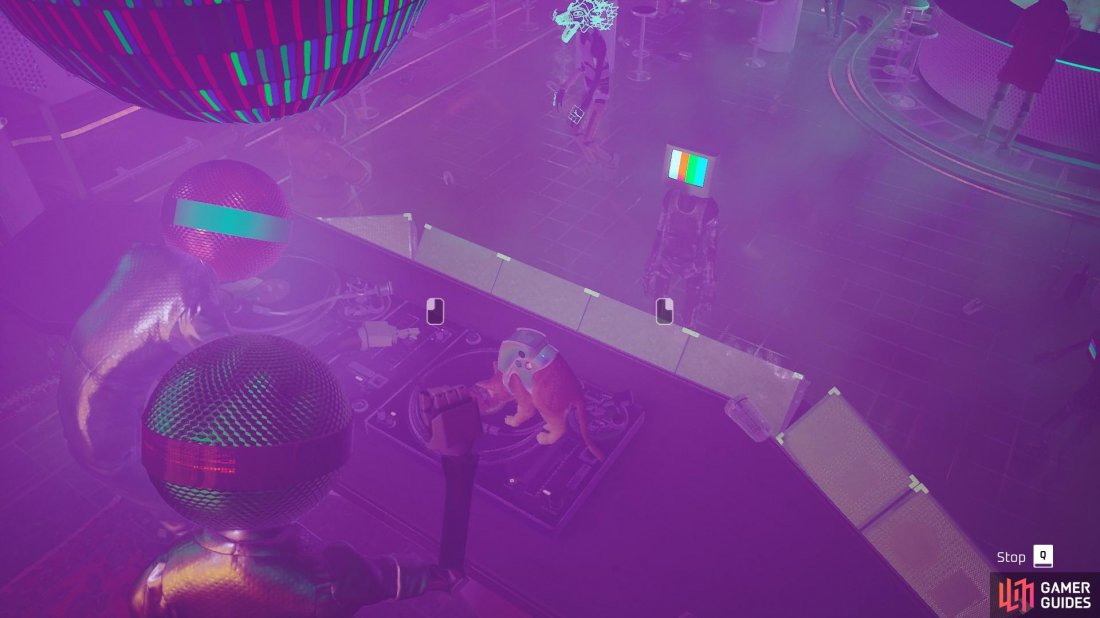
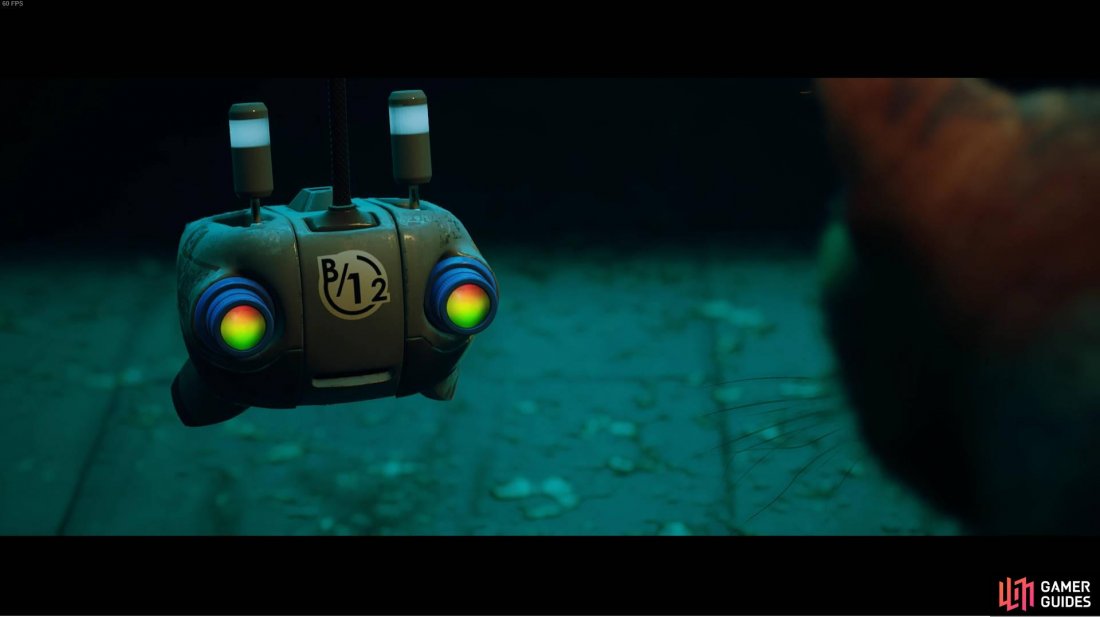
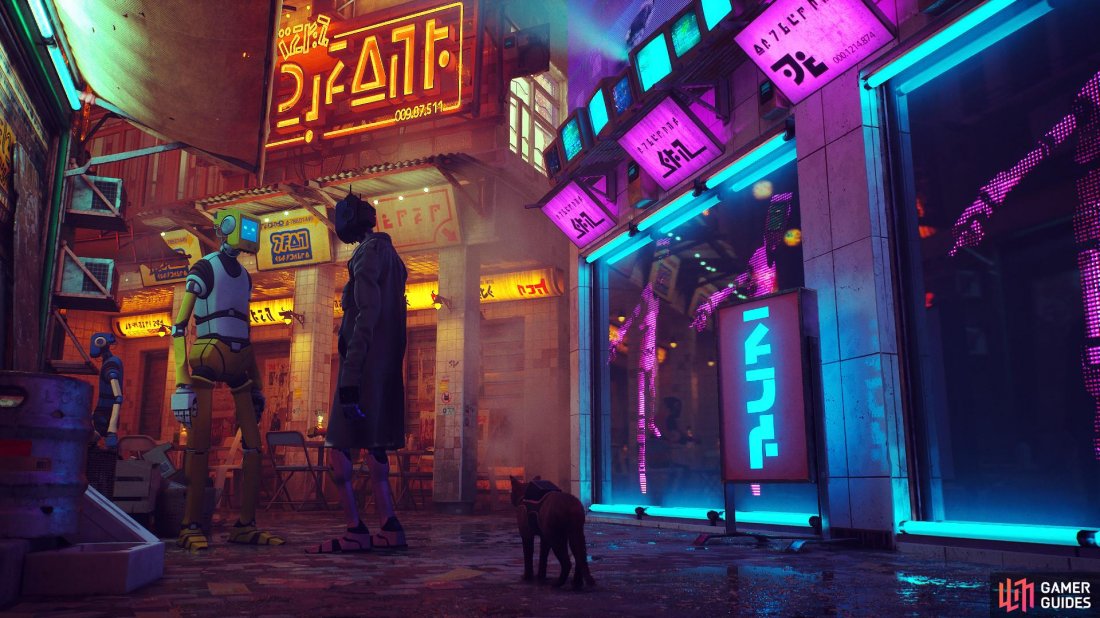
 Sign up
Sign up
No Comments